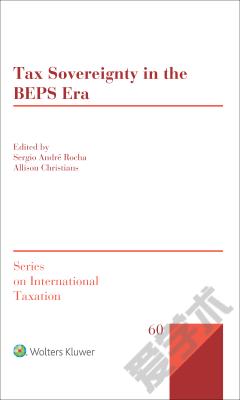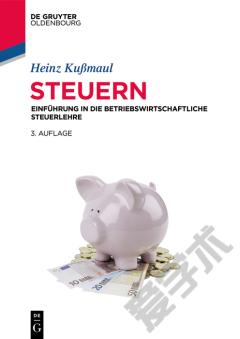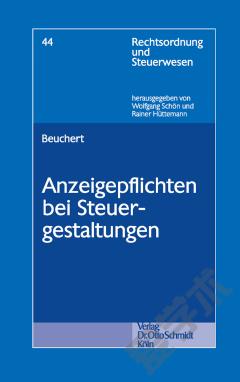Tax Sovereignty in the BEPS Era
Tax Sovereignty in the BEPS Era focuses on how national tax sovereignty has been impacted by recent developments in international taxation, notably following the OECD/G-20 Base Erosion and Profit Shifting (BEPS) Project. The power of a country to freely design its tax system is generally understood to be an integral feature of sovereignty. However, as an inevitable result of globalization and income mobility, one countryâs exercise of tax sovereignty often overlaps, interferes with or even impedes that of another. In this collection of chapters, internationally respected practitioners and academics reveal how the OECDâs BEPS initiative, although a major step in the right direction, is insufficient in resolving the tax sovereignty paradox. Each contribution deals with different facets of a single topic: How tax sovereignty is shaped in a post-BEPS world.rnrnWhatâs in this book:rnFollowing a country-by-country reporting structure, the contributors provide an in-depth analysis of such relevant issues as the following:rn- why multilateral cooperation and soft law consensus are the preferred solutions to a loss of autonomy over national tax policy;rn- how digital commerce has upended traditional notions of source and residence;rn- why residence and source continue to be the two essential building blocks of tax sovereignty and the backbone of the international tax system;rn- how developing countries can take advantage of the new international tax architecture to ensure that their voices are truly shaping the standards; andrntransfer pricing reform.rnrnThis book helps readers navigate in these uncertain BEPS times, as well as provides insightful assessments on how countriesâ tax policies might change in the near future. Through these chapters the authors provide authoritative commentaries on the necessary preconditions for exercising the power to tax in todayâs world and the impacts of the emergence of the digital economy. Their perspectives and recommendations prove to be highly essential to all policymakers, legislators, practitioners, and academics in the international taxation arena regarding information that is essential for interpretation and decision-making in the current international tax environment.
{{comment.content}}








 京公网安备 11010802027623号
京公网安备 11010802027623号